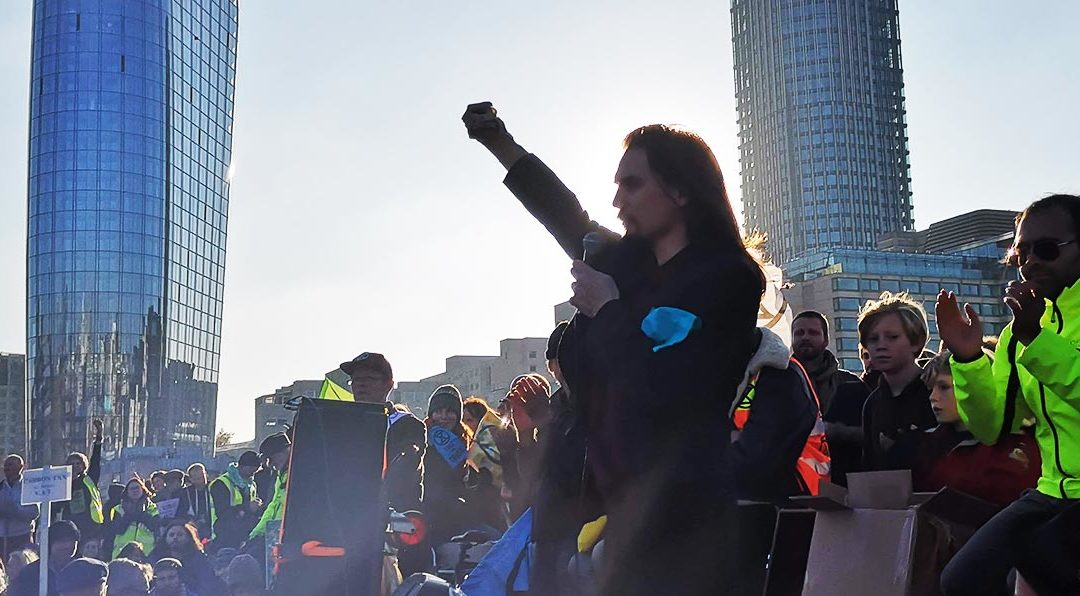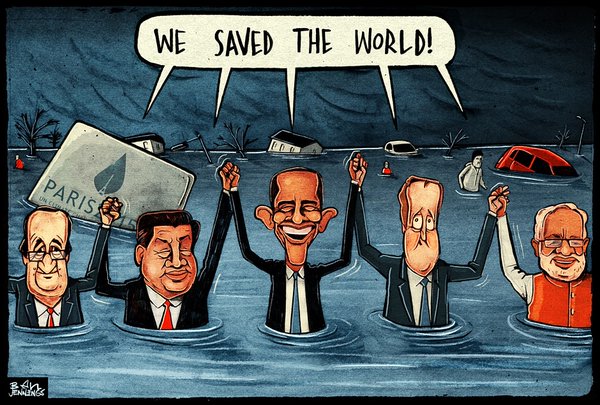
by Shaun Chamberlin | Aug 6, 2019 | All Posts, Climate Change, Cultural stories, Economics, Favourite posts, Featured, Philosophy
As awareness spreads of the ecocidal consequences of our civilisation, I increasingly hear opinions to the effect that humanity is nothing but a plague, a parasite. A virus with shoes...
It can even lead to the opinion (frequently expressed by those in favour of burying our heads in the sand) that people concerned about humanity's impacts should do the world a favour and kill themselves. Indeed, as this hypothesis continues to spread, I don't doubt that it has contributed to actual suicides.
So it seems worth highlighting that it isn't true.

by Shaun Chamberlin | Nov 18, 2018 | All Posts, Climate Change, Cultural stories, Favourite posts, Out and about, Politics
I got arrested for the first time in my life this week. And I’m proud of it. As long-time followers of this blog know, over the past 13 years I’ve tried everything I know to get our society to change its omnicidal course. I’ve written books,...

by Shaun Chamberlin | Dec 21, 2015 | All Posts, Climate Change, Economics, Politics, TEQs (Tradable Energy Quotas)
We just sent out our Fleming Policy Centre newsletter, with reflections on the Paris climate summit. Bottom line: it’s not good. In the words of the author Naomi Klein, “Our leaders have shown themselves willing to set our world on fire.” Meanwhile,...

by Shaun Chamberlin | May 29, 2015 | All Posts, Climate Change, Cultural stories, Economics, Out and about, Politics, TEQs (Tradable Energy Quotas), Transition Movement
Lately we’ve seen the president of the World Bank and ‘business leaders from the very carbon-intensive industries’ pushing for carbon pricing (taxes or ‘carbon trading’ schemes). This is intended to demonstrate their deep change of heart...

by Shaun Chamberlin | Dec 21, 2014 | 21st December, All Posts, Climate Change, Cultural stories, Favourite posts, Out and about, Philosophy
This is an excerpt from a longer video interview Rhonda Fabian conducted with Shaun Chamberlin at the opening of the New Story Summit in Findhorn, Scotland. Part of a Findhorn Foundation documentary initiative. Transcript originally published in the Kosmos Journal....







Recent Comments